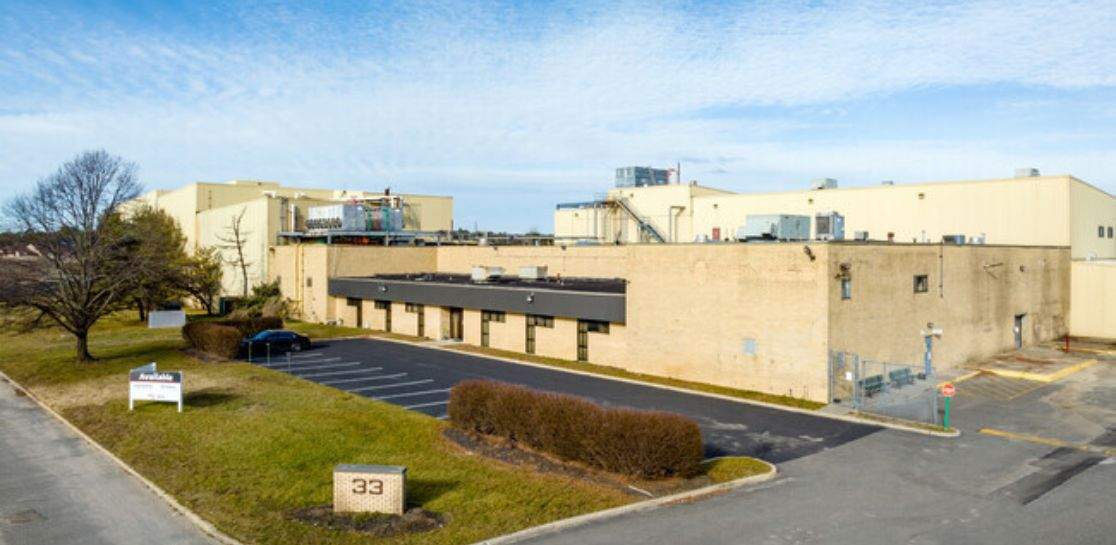
Caveat Emptor is a Latin term meaning, “let the buyer beware.” In commercial real estate transactions, this phrase reminds buyers to complete their due diligence when purchasing a property.
Due diligence can be overwhelming and consuming, however, when broken down simply and with process followed, it begins to feel more approachable.
The Stages of Due Diligence
The due diligence period is the time afforded to the purchaser to enter into and upon the site to study, examine, and inspect all aspects of the property. This period of time is also commonly referred to as the “feasibility period”, “study period” or “investigative period.”
By conducting proper and adequate due diligence, the purchaser can make himself aware of all material facts and defects about the property to determine whether the purchase of the property fits his portfolio and is obtained at a fair price.
More so, the purchaser can ensure exactly what he is purchasing which is why due diligence is so critical.
This time period begins after the seller has accepted an offer and the buyer has placed a down payment into an escrow account to be applied towards the purchase.
As far as time allotment, this period typically lasts from 30-60 days.
A thorough due diligence should involve physical inspections of the property, an assessment of related environmental conditions, a review of the title, zoning requirements, contracts, leases, and surveys, partially through a review of documents the seller provides.
Preliminary Due Diligence
Before going into the due diligence period, even before an offer is made, properties considered for real estate investment should be assessed as thoroughly as possible using all publicly available information.
This is known as Preliminary Due Diligence, and can involve property visits and discussions with advisors, such as your attorney.
The preliminary process should not be overlooked because it can be highly valuable to establishing the informal connections necessary to obtain the information that will ultimately be sought for the due diligence period.
Essentials of the Due Diligence Process
Once an offer is accepted and the real estate sales contract is signed, the purchaser now enters the Due Diligence period.
The purchaser will typically arrange for structural, engineering, building and mechanical inspections. Inspections of commercial real estate will typically cover roofs, HVAC, electrical, heating, plumbing and structure.
These inspections look at lifespans for these systems to identify the condition in which they operate.
The purchaser’s attorney will order a survey and a title search to review and determine if there are any defects. This will include a description of the land, the type of property, who has title to the property and any claims to the property.
Another critical aspect of the due diligence period is conducting a property appraisal. Commercial real estate appraisals assess the physical plant, zoning records, geo-demographic information, and comparables to value a property.
In parallel to the above documents order and review, while focusing on maximizing efficiency of time, the purchaser should request and assume adequate document retention by the seller, as very thorough review of the seller’s documents can save valuable time, effort and money.
The seller of the property should have many important documents for your review received from their own due diligence period when they purchased the property.
These documents may typically include:
- the deed
- information on current tenants and leases
- existing actual uses of the property
- zoning documents indicating allowable uses of the property
- seller inspections
- land and improvement surveys
- current title insurance
- any notice of pending legal action
- environmental assessments
- special assessments or taxes
- copies of any property bills
- service contracts, and more.
In regard to evaluating existing commercial real estate leases, it is wise to review the net operating expenses for the past three years to properly project income.
Lease terms and periods, tenant files and interviews with tenants directly, if possible, will all be key factors during due diligence.
Environmental Assessment of the Commercial Real Estate Property
The last important area for due diligence is the purchaser’s Environmental Assessment(s).
For commercial real estate properties, environmental investigations and assessments begin with a Phase I Environmental Report, which will indicate whether there are serious problems requiring remediation.
These reports not only include appraisals from licensed third parties, they also include reviews of state and federal compliance of the property in question.
If any problems arise, what follows is known as a Phase II Investigation, which involves further testing.
Hiring the right environmental company to perform these assessments is crucial and a purchaser should not overlook this aspect of due diligence.
It is important to note that some of these assessments can take significant time to complete; therefore, a purchaser should order an environmental assessment as soon as possible after the contract signing.
Conducting and completing a thorough and successful due diligence enables the purchaser to make a well-informed and conscious decision to acquire a commercial property.
Keep in mind that each property and its transaction has its own unique set of obstacles and considerations.
Knowing the conditions and the risks, and determining whether the purchase price is fair, is then in control of the purchaser.






